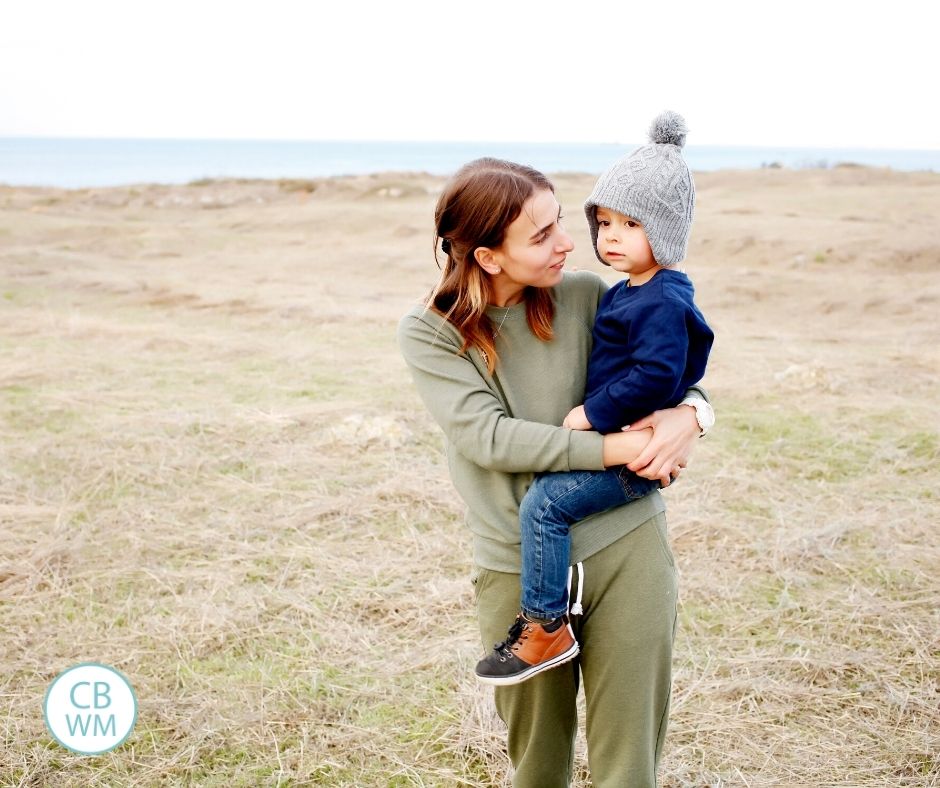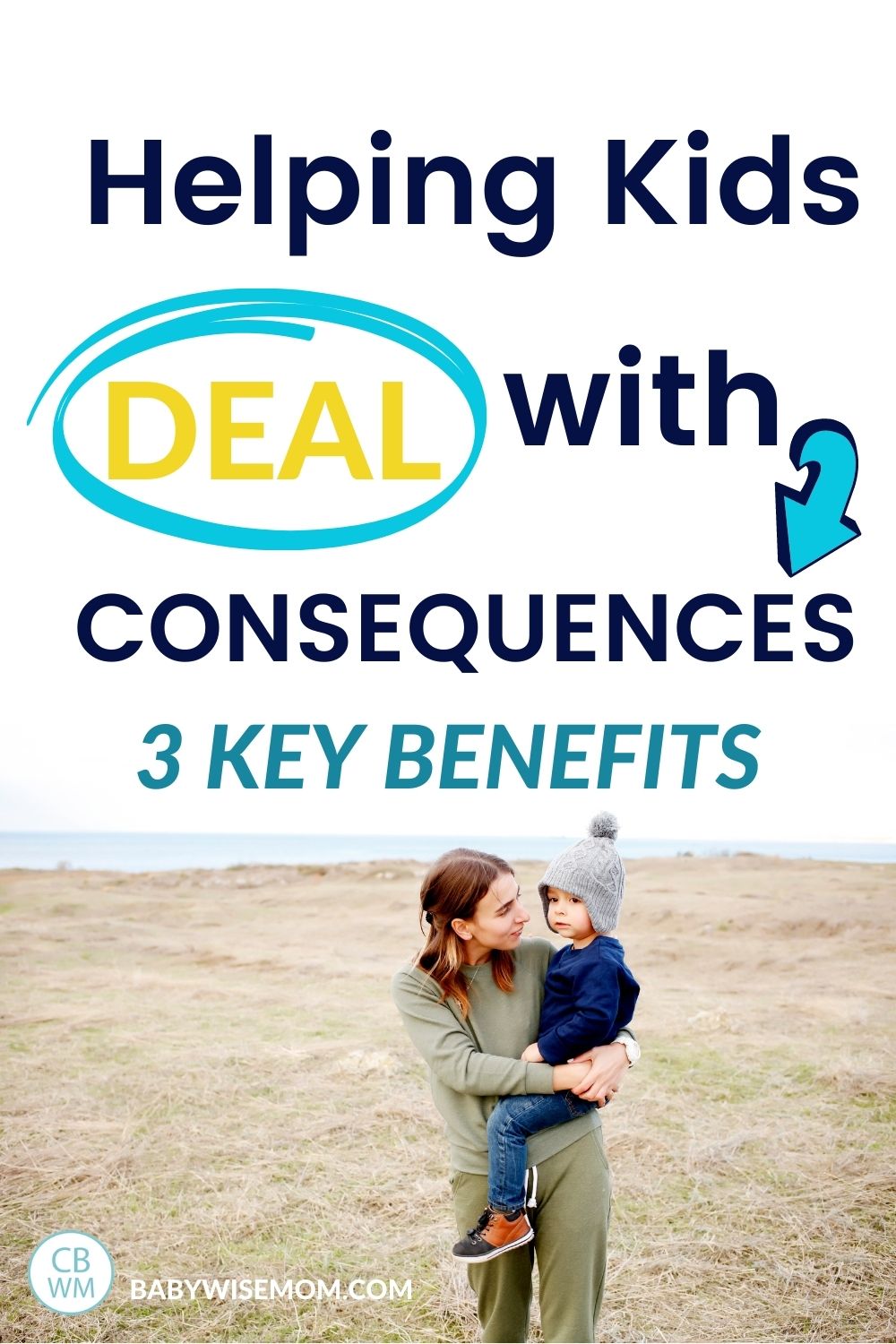There are three distinct benefits to requiring children to learn to live with consequences. Learn all about those in this post.

Love and Logic Magic 
In chapter one, Fay talks about the benefits of learning to apply these principles.
He explains that children will learn to live with consequences, they will avoid blaming others for their problems, and they will make wise decisions.
Doesn’t that sound nice? I wish a lot of the adults out there could do these three things.
I have said it several times, but I think we are living in a culture where there is a permeable feeling of “It’s not my fault” and “Who can I blame to get out of this?”
The truth is, we all (as a society in general) need to learn to accept the consequences of our actions. We can try to buy our way out, cover things up, and point the finger all we want, but someday, those consequences must be answered.
Post Contents
Live With Consequences
Live with consequences…what does that mean?
That would mean that the child would grow up to be an adult who says, “Oh, I chose to buy something I couldn’t actually afford.
Now I need to accept that I A) don’t have money for this new thing I want or B) am having my car repossessed C) enter any other varied possible consequence here.”
Children who have grown up experiencing consequences will be adults who realize consequences happen.
Not Blaming Others
Understanding consequences means you will not blame others.
Is it the bank’s fault they bought something they couldn’t afford? The government’s? Their parent’s? No. It is the person’s fault who did it–in the end, that is who will feel the consequences for the action.
Children learn that consequences exist and that they need to take ownership for them.
Make Wise Decisions
And this all, of course, leads us to realizing that the child who grew up experiencing real consequences will most likely not make that bad decision to buy something he can’t afford.
He knows consequences are real, and so long as he can and does keep track of his money, he will realize if he buys X, Y and Z will happen.
Your Job as the Parent
So the next time you tell your child that if he talks mean to his sister again he doesn’t get to play with her for the rest of the day, and he does talk mean, it is your job to follow through.
Make sure he experiences those consequences. This will teach him consequences are real. When you maintain your cool and express empathy, you help him stay mad at himself for disobeying rather than you for following through. You will then help him to make better decisions in the future.
He won’t thank you for your follow-through.
He will cry.
He will promise to be better from now on.
You will be tempted to give in.
Just remember what you want to teach him, and remember that one afternoon playing alone won’t ruin his life–in fact, in the long run, afternoons like that are what will help shape his life to be one of happiness and contentment.
Related Posts
- 5 “I Statements” To Teach Your Child
- How to Quickly Think of a Logical Consequence for Kids
- Consequences: Natural VS Logical and How to Use Each
- 10 Guidelines for Using Logical Consequences
- Discipline 101: The basics of correcting children


It's unfortunate that in some cases, those who are not responsible for the poor decision also suffer the repercussions…
You are so right. Thanks for sharing this book with us. I'll have to check it out.